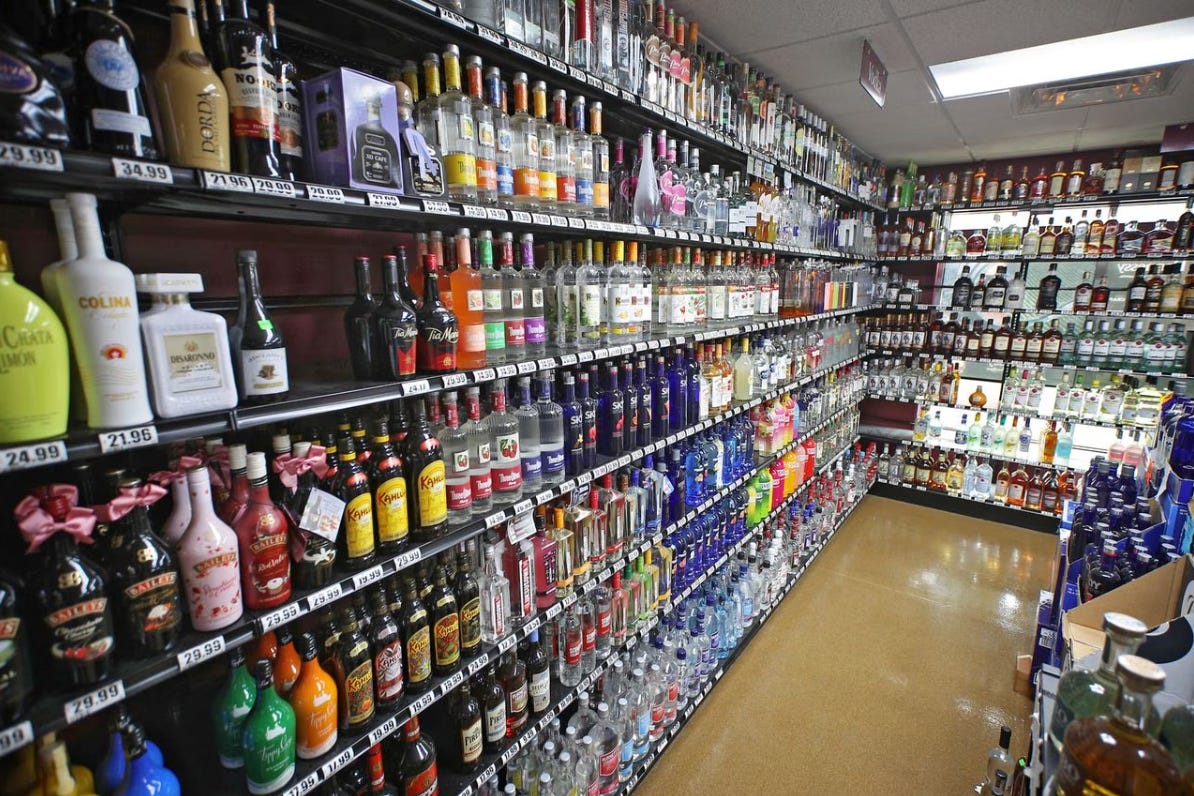How bad is it to exploit bees?
I agree that taking action to improve the welfare of farmed bees is positive.
But with other farmed animals such as chickens/pigs/cows, a significant goal to aim for is to ultimately bring fewer of those animals into existence in order to reduce overall suffering.
But is that also the case for bee farming? Or do we instead want to increase the number of bees we farm because we need to increase commercial pollination services for a greater good? And if so, even if we weren't to intervene in bee welfare in any way, would we still be aiming to increase the number of farmed bees from a consequentialist point of view?
Is it possible to calculate the net utility (positive or negative) from bringing one suffering bee into existence?
I really like how you're using your shortform to ask these small, well-formed, interesting questions!
(I don't have anything useful to say here, I just wanted to give this my 👍.)
Is it possible to calculate the net utility (positive or negative) from bringing one suffering bee into existence?
I doubt it, but if so it would make a great unit of measurement.
How bad is Amazon?
So there are a lot of reasons people don't like Amazon. It exploits its workers, it fights tax laws, it has a significant environmental impact etc.
But is Amazon net-negative from a consequentialist point of view, or is there a net-positive impact of Amazon? My rough thinking is:
- Jeff Bezos has projects such as Blue Origin which might be positive for longtermism.
- He recently donated $10billion to Climate Change with the Bezos Earth Fund (and this may continue?).
- He has been interested in some other short term philanthropy in the past. His ex-wife (who now has a lot of his money) has also signed the giving pledge (though Bezos himself hasn't).
Like I think this argument is easier to make with someone like Elon Musk. There may be reasons people personally dislike him, but I think its relatively easy to argue that because of OpenAI, SpaceX and Tesla, that he is likely to have a significant net-positive impact on the world, particularly the long-term.
I'm not sure really what I plan to do with the information. I'm not sure an "EA supports buying from Amazon" is particularly useful or accurate. It's just something that's played in the back of my mind a lot when I hear people badmouth Amazon.
I think you've left out the most important point: net positive effect of Amazon as having generated trillions of dollars of value for its customers, suppliers, and employees.
- Customers gain from having a streamlined reliable online ordering experience, with fast delivery times, large body of reviews, and friendly dispute resolution policies
- Suppliers gain access to the huge market of said customers, as well as the infrastructure to deliver products and collect payment
- Employees are offered a job opportunity that they may freely choose to leave
This doesn't even touch upon the huge social value from the websites built on top of their cloud. It's perhaps hard to appreciate without a background in tech, but briefly: before AWS (Amazon Web Services) and their competitors, every company had to build and manage their own servers, aka physical huge hot computers that require dedicated IT people to oversee and then break when too many people visit your website.
Zvi has a line that goes like "The world's best charity is Amazon"
This is great thanks I hadn't considered this! I found the Zvi post you're referring to if anyone else is interested.
Do you know if there has been any work to try and quantify this added value from Amazon? (Like in Meatonomics, David Robinson Simon discusses the hidden costs of meat, so a $4 Big Mac really costs society $11, so that extra $7 cost is absorbed by society). Is there any potential to calculate something similar with Amazon? e.g. every $1 someone spends on Amazon typically saves the consumer/society $X.
I'm not an economist and I know that its very difficult to calculate value added by technology etc. and this value would likely vary by product, but just wondering if that's something that could be possible while I'm trying to explore this idea?
Yeah, I'm not currently that excited about Bezos as a philanthropist, but the near-term impact of Amazon in the countries it operates in has been hugely positive, especially for low-income people.
I agree with most of the benefits, but think that the "employees may freely choose to leave" part may be somewhat contentious. People need money to survive, and one argument that is often brought forward is that Amazon has driven a lot of smaller businesses out of the market, so that employees may not have that many choices of where to work any more.




How bad is it to exploit bees?
I agree that taking action to improve the welfare of farmed bees is positive.
But with other farmed animals such as chickens/pigs/cows, a significant goal to aim for is to ultimately bring fewer of those animals into existence in order to reduce overall suffering.
But is that also the case for bee farming? Or do we instead want to increase the number of bees we farm because we need to increase commercial pollination services for a greater good? And if so, even if we weren't to intervene in bee welfare in any way, would we still be aiming to increase the number of farmed bees from a consequentialist point of view?
Is it possible to calculate the net utility (positive or negative) from bringing one suffering bee into existence?
I really like how you're using your shortform to ask these small, well-formed, interesting questions!
(I don't have anything useful to say here, I just wanted to give this my 👍.)
I doubt it, but if so it would make a great unit of measurement.